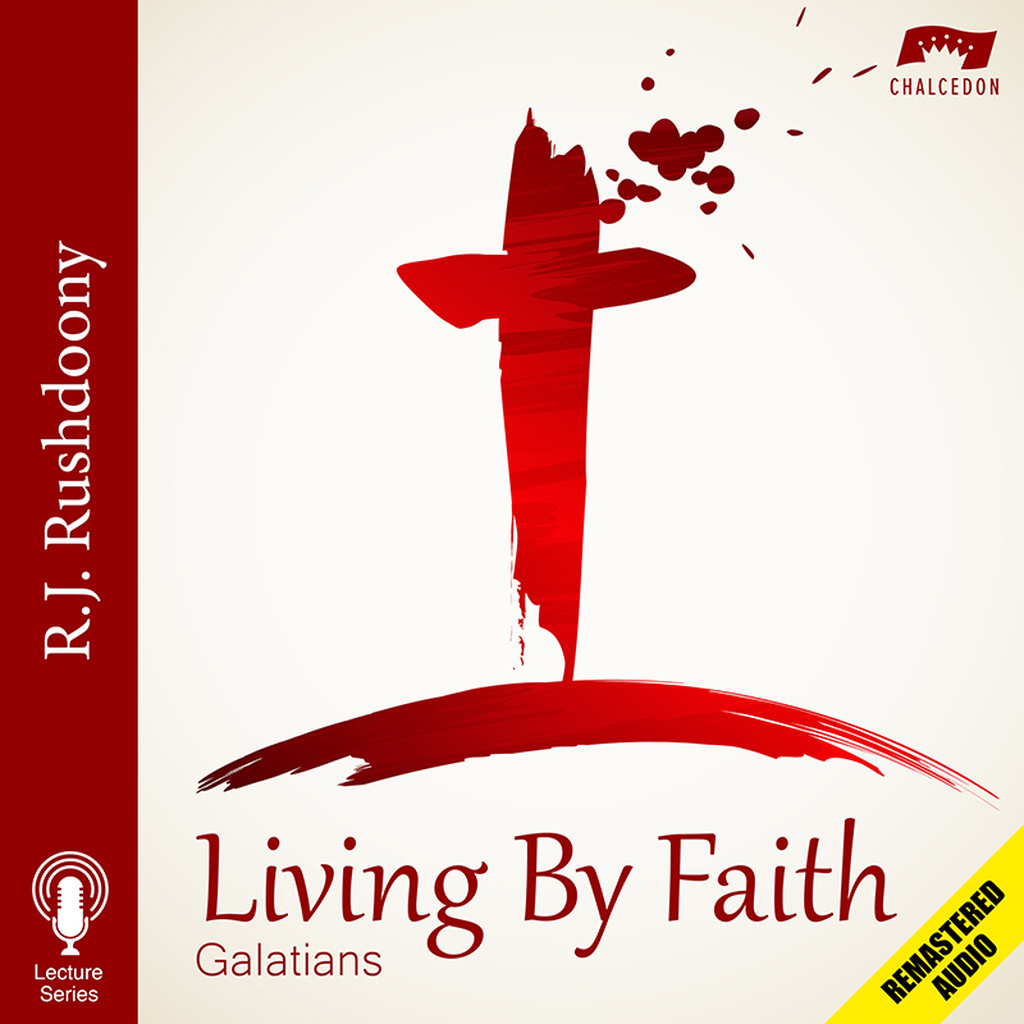
The Two Jerusalem's and the Inheritance
Paul in speaking about the Jerusalem from above was not saying anything new to the Bible; over and over again we find this, the contrast between the two Jerusalem’s, the prophets tell us, our Lord tells us that the Jerusalem that was there in Judea was full of deceit, of violence, of injustice, of murder; and of hostility to the Lord of glory. But there was another Jerusalem, Zion, the city of our God, and it is spoken of for example in Psalm 87, where the Psalmist sees the people going through the gates from Philistia, from Egypt, from Tyr, and from elsewhere, and he says of them: “These people are not Judeans, but they were born there.” Where? In Zion the city of our God.

- R. J. Rushdoony
Paul in speaking about the Jerusalem from above was not saying anything new to the Bible; over and over again we find this, the contrast between the two Jerusalem’s, the prophets tell us, our Lord tells us that the Jerusalem that was there in Judea was full of deceit, of violence, of injustice, of murder; and of hostility to the Lord of glory. But there was another Jerusalem, Zion, the city of our God, and it is spoken of for example in Psalm 87, where the Psalmist sees the people going through the gates from Philistia, from Egypt, from Tyr, and from elsewhere, and he says of them: “These people are not Judeans, but they were born there.” Where? In Zion the city of our God.

- R. J. Rushdoony
Rev. R.J. Rushdoony (1916–2001), was a leading theologian, church/state expert, and author of numerous works on the application of Biblical law to society. He started the Chalcedon Foundation in 1965. His Institutes of Biblical Law (1973) began the contemporary theonomy movement which posits the validity of Biblical law as God’s standard of obedience for all. He therefore saw God’s law as the basis of the modern Christian response to the cultural decline, one he attributed to the church’s false view of God’s law being opposed to His grace. This broad Christian response he described as “Christian Reconstruction.” He is credited with igniting the modern Christian school and homeschooling movements in the mid to late 20th century. He also traveled extensively lecturing and serving as an expert witness in numerous court cases regarding religious liberty. Many ministry and educational efforts that continue today, took their philosophical and Biblical roots from his lectures and books.